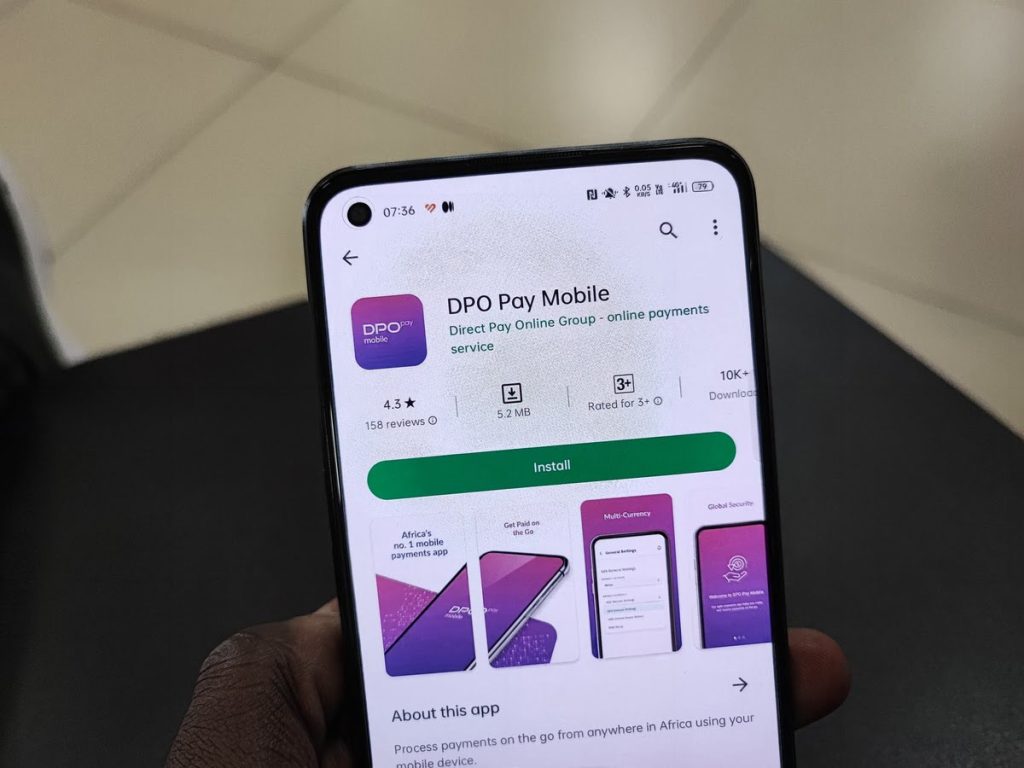“All Hail AI!” was the buzzword when generative AI took the world by storm. However, when people learnt how these language models were trained with people’s data without their consent, it raised concerns about data security and trust. Similarly, as digital payments become the new face of commerce, trust has become the key currency that defines a company’s success or downfall. For Payment Service Providers (PSPs) data privacy is not just a checkbox anymore, it is the bedrock of customer loyalty and sustained growth.
Why is data privacy Important?
Think of all the data you generate every time you make a digital payment, from your personal information to your location and financial details. Now imagine what happens when this information is mishandled or even worse, exploited for ill intent. It is no wonder that 94% of consumers, according to the Cisco 2024 Data Privacy Benchmark Study, say they wouldn’t purchase from a business they don’t trust to protect their data.
Data breaches can destroy customer confidence in addition to causing enormous financial damages. Years of work to establish credibility and a clientele can be reversed by a single data leak. For PSPs, prioritizing data privacy is not just about keeping hackers at bay, it is about building a solid reputation. Reassuring your customers that,” We’ve got your back” in today’s world is worth its weight in gold. By embedding privacy into the operations and company foundation, PSPs can secure customers, drive loyalty to the brand and ultimately execute their digital payment strategy since in this field trust begins with privacy.
How much are companies spending on data privacy?
Safeguarding data privacy can lead to financial gains! The Cisco study further states that in 2023, companies spent an average of $ 2.7 million on privacy initiatives with large corporations increasing their budgets by 7-8% as a result. For every $100 spent, businesses saw a $160 in returns. Additionally, this is not just about computing losses from breaches, but it also incorporates improved efficiency, stronger customer relationships and a clear competitive edge.
The financial benefits of investing in data privacy extend beyond avoiding penalties. Companies that prioritize privacy witness enhanced customer loyalty to their brand which results in high retention rates. This serves as a golden ticket, especially in a competitive market like the payment industry where customers are more likely to choose and stick with businesses they trust. So, then the question isn’t, “Can we afford to prioritise data privacy?” but rather is, “Can we afford not to?
How digital payment companies are leveraging data privacy to build trust
Leading in digital payments goes hand in hand with making data privacy a fundamental pillar of business strategy. Take Network for example, a provider of technology-enabled payment services in the Middle East and Africa (MEA) region. The company has designed a multi-layered defence system that provides end-to-end data security protection for its solutions like QR code payment, which protects customers’ private data during payments. All crucial information is encrypted and stored within the code.
By giving people authority over their data and exhibiting a dedication to moral data management, PSPs are building consumer confidence and security, which promotes broader usage of their services.
Tips for protecting data and building trust in digital payments
Building trust in the digital payment landscape isn’t a one-sided task. Instead, it is a shared responsibility between businesses and consumers. For businesses this means implementing encryption and multi-factor authentications to secure sensitive data; much like how Google plays the role of a police officer as it immediately interrogates you when you sign in to your account with a new device.
Businesses also communicate their data policies clearly and conduct audits to comply with regulations like the Data Protection Act or General Data Protection Regulation (GDPR) or Payment Card Industry Data Security Standard (PCI DSS). On the other hand, consumers can play their part by using strong passwords; your pet might be the shield to your happiness, but it isn’t strong enough to safeguard your finances. Customers can also enable two-factor authentication, review privacy settings on the apps they install, stay cautious of phishing scams and keep devices updated. It is through collaborative efforts that these initiatives can create a safe digital ecosystem.
Businesses should invest in ongoing education for their teams. Employees who understand the importance of data privacy are less likely to make errors that might compromise data. Moreover, leveraging advanced technologies such as artificial intelligence can help identify vulnerabilities and even mitigate risks before the blow up.
Looking ahead
Data privacy is about taking advantage of opportunities as well as avoiding risks. By integrating privacy into their core operations, PSPs may promote innovation and facilitate cross-border transactions.
The risks to data privacy increase proportionally with technological advancements. Businesses that adjust and remain ahead of these obstacles will keep winning because they are able to guarantee a seamless and secure experience for customers.
Therefore, prioritising data privacy isn’t just smart, it is essential. It is the key to building resilient businesses and loyal customers, paving the way for a secure and interconnected future.

